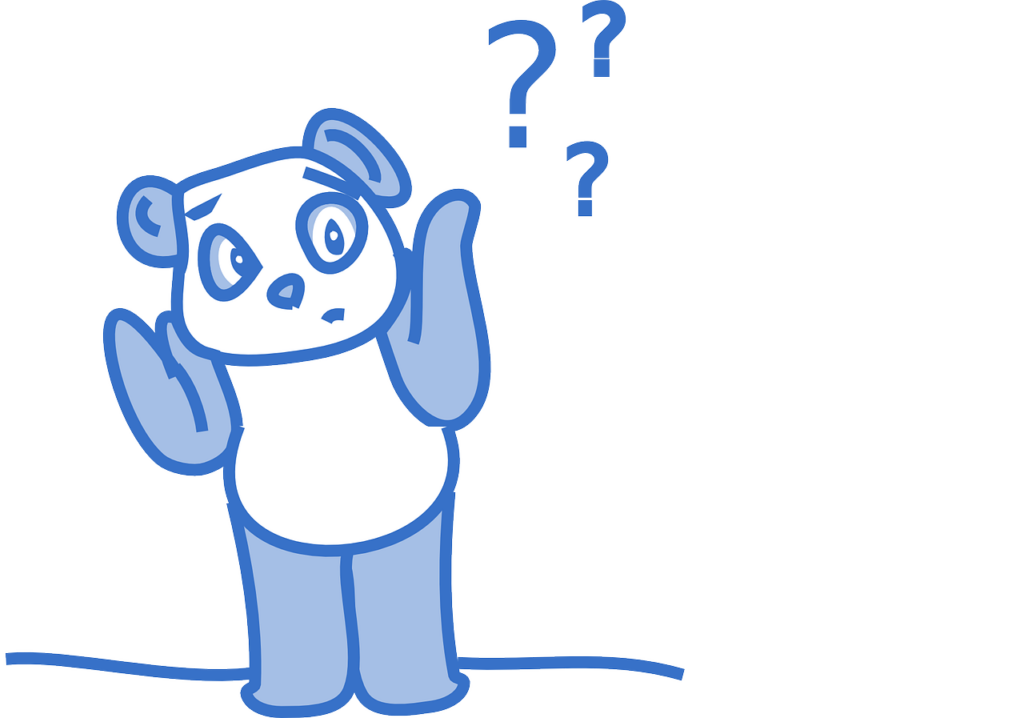When it comes to mental health terms, we sometimes use them in ways that are common in our cultural vernacular but may not be clinically accurate. While the intent is not harmful, the impact may be so if someone’s experience is marginalized and/or someone who is suffering doesn’t have an accurate way to assess what they are experiencing.
So, for the sake of bringing us all to a common understanding and common language, here is some information about anxiety that may be helpful!
Anxiety vs. Fear
Anxiety and fear are emotions that are often used interchangeably and everyone feels at certain times. While these emotions share some physical symptoms (rapid heartbeat, worry, elevated fight, flight, or freeze responses, etc.) there is one primary difference. Fear tends to be associated with something in the immediate present, is short-lived, and is tied to a specific threat. Alternatively, anxiety is focused on potential future threats, is persistent over a span of time, and may remain despite a lack of evidence of the threat. Past traumatic experiences can elevate the intensity and frequency of both of these common emotions.
Anxiety vs. Anxiety Disorders
The difference between anxiety and anxiety disorders is the main area where people sometimes interchange a common emotional experience with something that is clinically significant. As mentioned above along with fear, anxiety is something everyone feels at certain times. In fact, a certain level of anxiety or “arousal” has even been categorized as helpful and positive in certain performative situations such as athletics or academic testing.
Anxiety disorders, on the other hand, are clinically significant levels of frequency and intensity that interfere with the individual’s ability to function. Statistics suggest they impact approximately 30% of adults at some point in their lifetime and are more common in women than in men. They are marked by avoidant behavior and are out of proportion to the evidence at hand.
Specifically, anxiety disorders fall into a couple of categories:
- Generalized anxiety disorder: Consistent worry about everyday life and activities that are out of proportion to the circumstances. This often affects how the person feels physically including restlessness, edginess, fatigue, insomnia, etc.
- Panic disorder: Recurrent panic attacks and feelings of overwhelming distress. Panic attacks, while not physically dangerous, can feel like someone is dying or having a heart attack.
- Phobia-specific: Anxiety related to a specific object, situation, or activity that is not harmful. Even though the person knows it isn’t harmful, they will engage in avoidant behavior so as not to encounter that situation.
- Agoraphobia: Anxiety related to being in spaces or situations where they can’t get help if they panic. This can result in difficulty leaving home for fear of open or crowded spaces or places they can’t escape.
- Social anxiety disorder: Anxiety related to how the person is perceived socially that results in avoidance of social situations.
- Substance-induced anxiety disorder: The use and misuse of certain substances can cause anxiety due to withdrawal or exposure that has impacted how the brain and body function.

When to Seek Help
While the above information is hopefully helpful for a general understanding of anxiety as an emotion vs. anxiety disorder, it is very important not to “diagnose” yourself or anyone else. If you feel like worry is interfering with your life, is upsetting to you, is increasing other feelings of distress, or causing unwelcome physical symptoms, it is a good idea to talk with someone. Whether your anxiety is clinically significant or not, if it is to the point that it is bothering you there are very effective treatments, strategies, and coping skills that can help.
To seek help at your college or university, consider the resources listed here.
Further Reading:
https://www.apa.org/topics/anxiety
https://www.nimh.nih.gov/health/topics/anxiety-disorders
https://www.psychiatry.org/patients-families/anxiety-disorders/what-are-anxiety-disorders
Post published November 1, 2023 by Anne Rulo, Author, Speaker, Therapist. www.annerulo.com. FB/IG/Twitter @annemrulo
